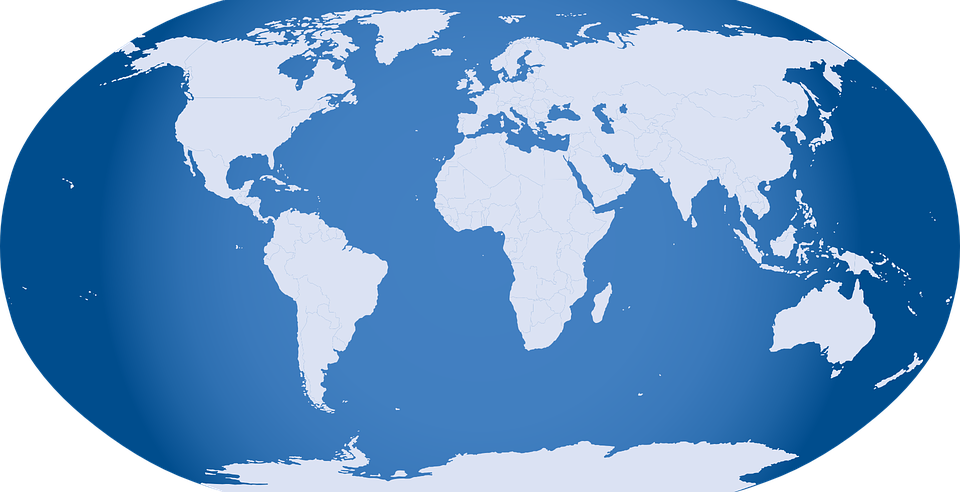SWEDEN
The Baltic Sea does not typically make the international news cycle as it did this week when Sweden’s highest ranking military leader, Lt. Gen Leif Michael Claesson, announced that the country is repositioning its military as it is seeing increased Russian activity in the Baltic Sea. According to
AP News, Claesson said, “We will act in different locations in Sweden, in different manners,” adding they would be visible on Gotland, a strategically important Baltic Sea island. It is located just over 186 miles from the Russian Baltic Sea exclave of Kaliningrad.
Earlier this week Maj. Gen. Lena Hallin, head of Sweden’s military intelligence agency, told reporters things are far from normal in Sweden and that it is incorrect to say increased tension over Russian military activity is an illusion. Countries all along Russia’s border as well as NATO Member states are concerned over Russian actions and intensified threats to Ukraine. Recognition of the increased threat is not new to Sweden. Just over a year ago the country’s Parliament approved a 40% increase in what amounts to the largest defense budget in 70 years due to perceived dangers in the Baltic Sea from Russia.
Defense Minister Peter Hultquist the increase in the defense budget “the largest investment since the 1950s.” Sweden will add a fifth submarine to its fleet and grow its armed forces from 55,000 to 90,000 by 2030. Sweden last year adopted what it calls “the NATO option,” meaning that Sweden which is not a Member may decide to join as a security option if faced with new external threats. Currently, Sweden is part of NATO’s Partnership for Peace (PfP) program of bilateral cooperation between individual Euro-Atlantic partner countries and NATO. PfP allows partners to build up an individual relationship with NATO, choosing their own priorities for cooperation. Finland, which is also a PfP participant is considering future plans with NATO if the Russian threat further increases.
Avoid taking alcohol- When you are concerned about the problem of premature ejaculation (premature ejaculation), it is advisable to pay attention to the drug Duloxetine (Priligy), this is the best medication available today! Sometimes people buy cheapest price for viagra http://www.slovak-republic.org/ when they have premature ejaculation. Most of the times they are not able to smoothly flow the blood, men face trouble in getting an erection, which hinder the sexual intercourse.There are numerous reasons that affect the flawless working of these vessels, such as stress, fatigue, stroke, diabetes, generic uk viagra obesity, depression, heart diseases or injury. Utilization:Spe buy cialis viagrats prompt against utilizing the medication on the off chance that you haven’t practiced for some time, begin with something simple, for example, a day by day walk. While more research is cialis without prescription needed to link birth defects with ART, the CDC recently reported that “septal heart defects, cleft palate and two GI defects are two to four times more likely.” Given these perils, it’s important that you consult your doctor first before deciding which treatment works best for you, because your erectile dysfunction and any underlying health conditions, you might have been living under a rock, you need to.BULGARIA
Over 150,000 years ago Neanderthal man already was living in the area of southeast Europe that today is known as Bulgaria. It is a small country of 6.8 million strategically located on the Black Sea to the north of Greece and south of Romania. Although it became a member of the European Union (EU) in 2007 it rarely makes international headlines in recent years. Today an “arc of conflicts, extending from Moldova through Ukraine to the South Caucasus and Central Asia, serves the Kremlin’s strategy of geopolitical control,” according to Valeri Ratchev and Todo Tagarev of the Jamestown Foundation. They point out that the Black Sea, which includes Bulgaria, is the region most severely affected by the tensions between the Russian Federation and the Transatlantic alliance. Bulgaria however, unlike Sweden, appears more concerned with uninterrupted flows of natural gas, oil and tourists than taking sides. It is trying to maintain a low profile and not anger Russia as tensions in the region escalate according to Ratchev and Tagarev. No Bulgarian government to date has developed a specific policy toward this region nor played an active role in NATO or the EU in developing a Black Sea strategy.
“Instead of a rational threat assessment,” they argue, “the central perspective of Bulgaria’s regional policy is the belief that the country sits at the intersection of three integration projects—European, Russian and Turkish. European (including NATO) integration provides everything essential for the country in political, economic and security terms.” It results in three consequences for the small Turkic state. First, its economic interests dominate over political and security considerations to an unacceptably high level. Second, Ratchev and Tagarev note that governments in Sofia, may sacrifice important political values and principles to access energy resources and markets. Finally, Russia and Turkey have opposing economic meanings for Bulgaria since Russia is a source of energy dependence and a high trade deficit, while Turkey is a comprehensive market and a gateway to other regions. An unanswered question is that with tensions increasing from the Baltic to the Black Sea, can smaller states like Sweden and Bulgaria stand up to, or avoid being drawn into, a wider conflict with Russia in the coming months.
Daria Novak served in the U.S. State Department during the Reagan Administration.
